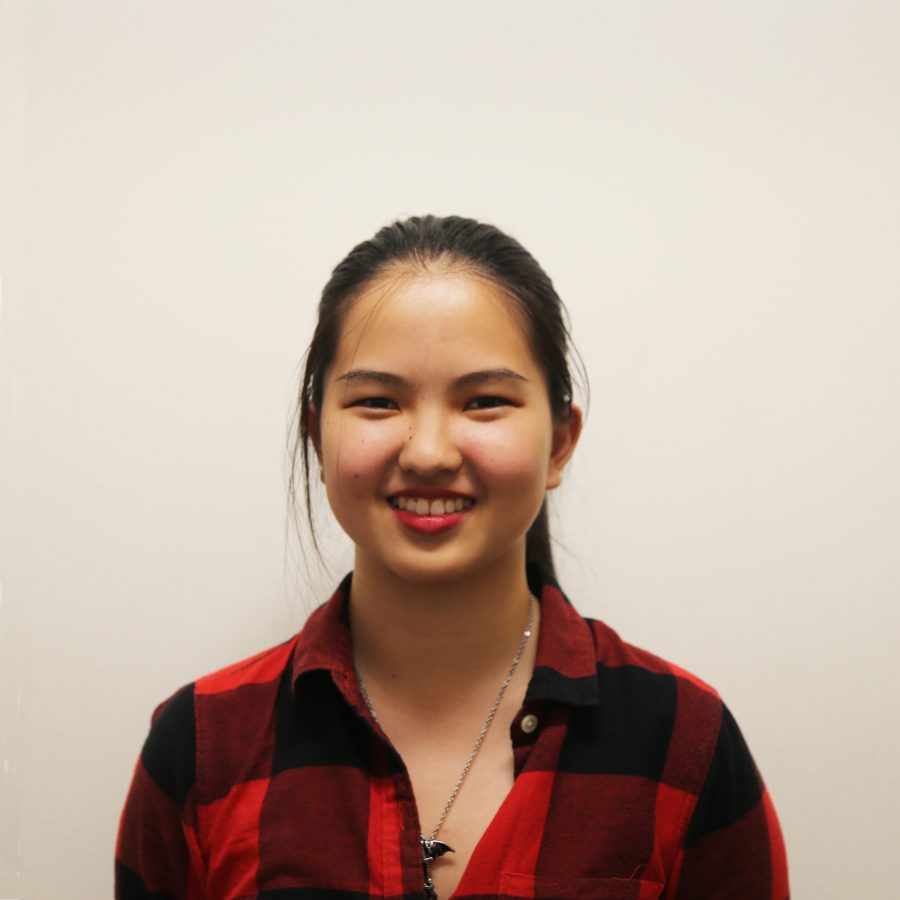No matter their school or origin, almost every college student will learn about isolation at the beginning of their college career. Starting college is hard for introverts, and extroverts can also flounder when not constantly surrounded by people. The new city screams at us to socialize at any cost. But as confusing as our first year is supposed to be, this start of a new chapter shouldn’t need to be painful. Perhaps the most important lesson a first-year can learn is to appreciate their own company, and that solitude can be valuable.
We often seek the comforting presence of a friendly face. The school I attended from seventh to ninth grade forbade students from staying indoors during recess. Sitting alone in the high school cafeteria is the textbook definition of an ostracized loner. I desperately clung to my friend group formed from the convenience of seeing each other daily, even though we all had only one thing in common. Companionship was worth more than anything else in the world.
But constant company is not always attainable, and there will be plenty of times in our lives where we are alone. We can review our goals and aspirations, refocus in the present and breathe. Being alone can be helpful, productive and calming, and we should shake off the conditioning that constantly reminds us that we need to have a best friend right here right now, when the first week has barely passed.
Welcome Week is the perfect environment to examine the social conditioning that exclaims that a functioning human must be extroverted and sociable to survive and for some of us, it can be exhausting. I packed my schedule full, trying to squeeze in as many performances and socials as possible, then took a step back. What was I so desperate for? We meet a stranger, make small talk for five minutes, then forget all about each other.
Welcome Week expected me to forge bonds with people at events based on my sexuality or race, papering the walls with flyers that warned me in purple text to make friends now or remain alone. Renting out the Brooklyn Museum’s Egyptian floor sounded cool until I saw the popcorn, soda and dozens of students meandering down the hallways complaining about how bored they were. It made me miss my old friends more than anything. Each niche event appeals to a fraction of our personalities and identities, hoping we reach across the chasm of loneliness to build a new support network from scratch. Maybe we click on one level, but will disagree in areas much more important to us. If I am friends with someone solely based on one aspect of their personality or identity, who’s to say that can’t change in an instant? And since I connected with them through that sole medium, won’t it mean I will be alone once more?
We forget that our 6,000 peers are also terrified. Imposter syndrome is the persistent feeling of inadequacy or self-doubt despite proving ourselves repeatedly. At his Presidential Welcome, Andrew Hamilton reeled off a long list of exemplary students, and I was one of many who exchanged panicked looks with my neighbors as we questioned our place in this selective class. Since deciding to attend NYU, I’ve questioned my worth, and I’ve calmed my mind with self-reflection. There is no external affirmation that can change my mind if I believe I don’t deserve something. It can help, but only we can decide to make peace with ourselves and trust in the journey that will move us forward in life.
If you haven’t clicked with anybody yet, take your time. It’s tough to make connections from nothing. But extroversion from forced fun is by no means the only way to finding happiness in a new place. Imposter syndrome lives in all of us, worried and excited about our place in this weird new ecosystem. I sympathize with the person who’s too self-conscious to say anything. NYU is enormous; if I make a horrible impression on one group, it’s not the end of the world. I will swallow my pride and move on to the next opportunity. Everyone around us is trying to do their best in their own way. We can choose to be kind, go explore the possibilities and remember that eating a meal by ourselves is okay. I want to strengthen the skills that deal with the occasional disappointing parts of my day-to-day. Spending time alone has its benefits, and no one needs to succumb to any unwanted embarrassment. I will live and experience life on my own terms.
Opinions expressed on the editorial pages are not necessarily those of WSN, and our publication of opinions is not an endorsement of them.
Email Alexandra Chan at [email protected].
























































































































































